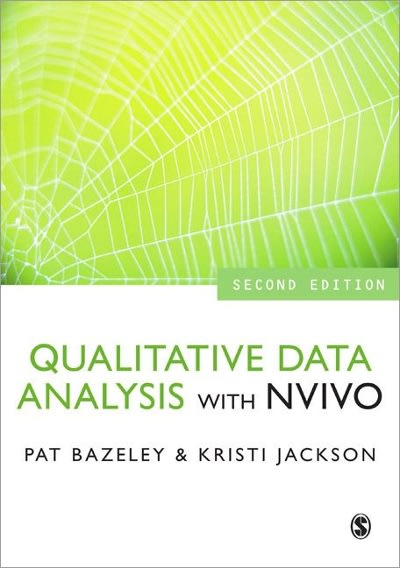Question
This template by replacing the bracketed text with the relevant information that reflects your experience in this lab activity. However, when stating objective facts, all
This template by replacing the bracketed text with the relevant information that reflects your experience in this lab activity. However, when stating objective facts, all concepts and ideas requiring attribution are cited.
Simple Detection Lab Data
- Insert your data in the table below.
Trial Number | Reaction Time |
|---|---|
1 | [299] |
2 | [315] |
3 | [269] |
4 | [275] |
5 | [280] |
6 | [273] |
7 | [259] |
8 | [395] |
9 | [286] |
10 | [289] |
11 | [291] |
12 | [304] |
13 | [278] |
14 | [233] |
15 | [284] |
16 | [270] |
17 | [257] |
18 | [290] |
19 | [256] |
20 | [302] |
Lab Questions
- How do the individual results relate to cognitive theories or concepts? Hint: For ways to relate your answer to course concepts, see the lab introduction, the predicted results that come with your output, and the text.
[Insert text]
- Why can you not react faster than 200ms?
[Insert text]
Signal Detection LabData
- Insert your data in the table below.
Lab Questions
- How do the individual results relate to cognitive theories or concepts? Hint: For ways to relate your answer to course concepts, see the lab introduction, the predicted results that come with your output, and the text.
[Insert text]
- What does d' measure and how is it calculated? Why is this a helpful tool when measuring cognitive tasks?
[Insert text]
Visual Search LabData
- Insert your data in the table below.
Lab Questions
- How does the pattern of the individual results relate to that predicted for feature vs conjunction searches? Hint: For ways to relate your answer to course concepts, see the lab introduction, the predicted results that come with your output, and the text.
[Insert text]
- What is an example of a conjunction search in everyday life? For example, think about decisions that law enforcement officers, educators, medical professionals, or computer scientists make. This example can be personal or hypothetical.
[Insert text]
Module Question
- Compare and contrast the differences in what your mind had to do to complete the tasks.
[Insert text]
Perception and hypnosis are when someone in a hypnotic state can see, hear, taste, smell, and physically feel things that are not there but are merely suggested are there (positive hallucination). Likewise, it can be suggested to the person that something that is there in reality cannot be experienced (negative hallucination). I have included a reference (Bryant & Mallard, 2003) that discusses a study on the phenomenon of suggested positive hallucinations in hypnosis. Response to suggestion in this way is such an interesting illustration of perception and the power of the mind. These concepts can be used in healing, such as with burn victims who are given suggestions to experience cold (Provencal et al., 2018). Virtual reality devices have also been shown to alter perception and aid in burn healing as well (Scapin et al., 2018).
References
Bryant, R. A., & Mallard, D. (2003). Seeing is believing: the reality of hypnotic hallucinations.Consciousness and Cognition,12(2), 219-230.https://doi.org/10.1016/s1053-8100(03)00003-5
Feist, G., & Rosenberg, E. (2014).Psychology: Perspectives & connections(3rd ed.). New York: McGraw-Hill.
Provencal, S-C., Bond, S., Rizkallah, E., & El-Baalbaki, G. (2018). Hypnosis for burn wound care pain and anxiety: A systematic review and meta-analysis.Burns, 44(6), 1870-1881.
Soliane, S., Echevarria-Guanilo, M. E., Boeira Fuculo, P. R., Goncalves, N., Kuertan Rocha, P., & Coimbra, R. (2018). Virtual reality in the treatment of burn patients: A Systematic Review.Burns, 44(6), 1403-1416.
Step by Step Solution
There are 3 Steps involved in it
Step: 1

Get Instant Access to Expert-Tailored Solutions
See step-by-step solutions with expert insights and AI powered tools for academic success
Step: 2

Step: 3

Ace Your Homework with AI
Get the answers you need in no time with our AI-driven, step-by-step assistance
Get Started


